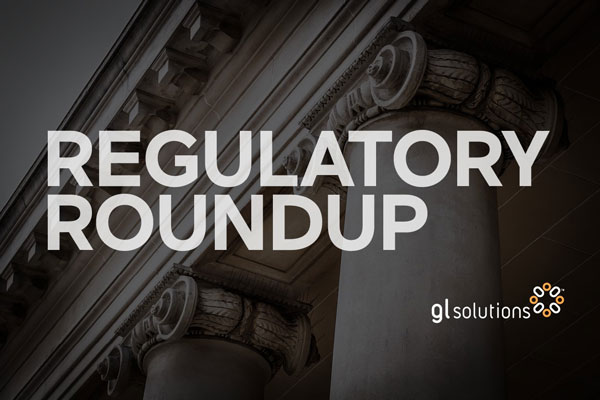8 AI Principles for Your Regulatory Agency
The United States Department of Labor released some guiding principles for employers and developers related to the development and deployment of artificial intelligence systems in the workplace. Artificial Intelligence and Worker Well-being: Principles and Best Practices for Developers and Employers outlines a list of eight principles to follow, from using AI to enable workers to ensuring transparency in AI use. The DOL developed the report “with input from workers, unions, researchers, academics, employers, and developers, among others, and through public listening sessions.”
Calif. Legislation Proposes Tracking Use of Physical Restraints on Foster Youth
Legislation in California proposes tracking and publicly reporting the use of physical restraints in licensed residential centers for foster youth. The bill follows a San Francisco Chronicle investigation, that uncovered that thousands of California foster youth went to abusive out-of-state treatment centers in violation of state law, according to The Imprint on May 8. The bill focuses on creating transparency when physical restraint occurs with children. “It would require the state to create a public dashboard detailing every physical restraint in state-licensed youth treatment facilities. Incidents involving children placed in seclusion would also have to be documented. Under the proposed law, thorough explanations of each incident would have to be provided to the child and their parents or legal guardians.”
Drone Pilot Needs NC Surveyor’s License, Court Rules
A federal appeals court ruled that a drone operator needs a state license before offering aerial map services. Michael Jones accused the North Carolina Board of Examiners for Engineers and Surveyors of violating his First Amendment rights. According to The Carolina Journal on May 29 “a unanimous appellate panel agreed that the law regulated conduct, rather than speech. Appellate judges agreed that the state had a compelling interest in setting rules for surveyors.”
More Regulatory Headlines
Lobbyist pleads guilty to conspiracy in scheme to bribe Michigan marijuana board chair
Can AI and Other Tech Ease Public Safety Workforce Woes?
Amid mental health crisis, new compact allows social workers to practice across state lines
Maine’s health department rarely investigates when residents wander away from their care facilities
New York State Cannabis Control Board approves major regulatory overhaul, issuing over 100 new licenses and enhancing enforcement powers
New York Lawmakers Reject State Bailout for Child Welfare Agencies Facing Abuse Lawsuits
Colorado becomes first state with sweeping artificial intelligence regulations
House passes Technology Modernization Fund bill, awaits Senate’s move
Run, Grow and Adapt
Subscribe to our newsletter to receive the latest regulatory news delivered to your inbox each week.
GL Solutions helps governments run, grow and adapt. To learn more, explore our website, call us at 800.930.1193 or email us at hello@glsolutions.com.


